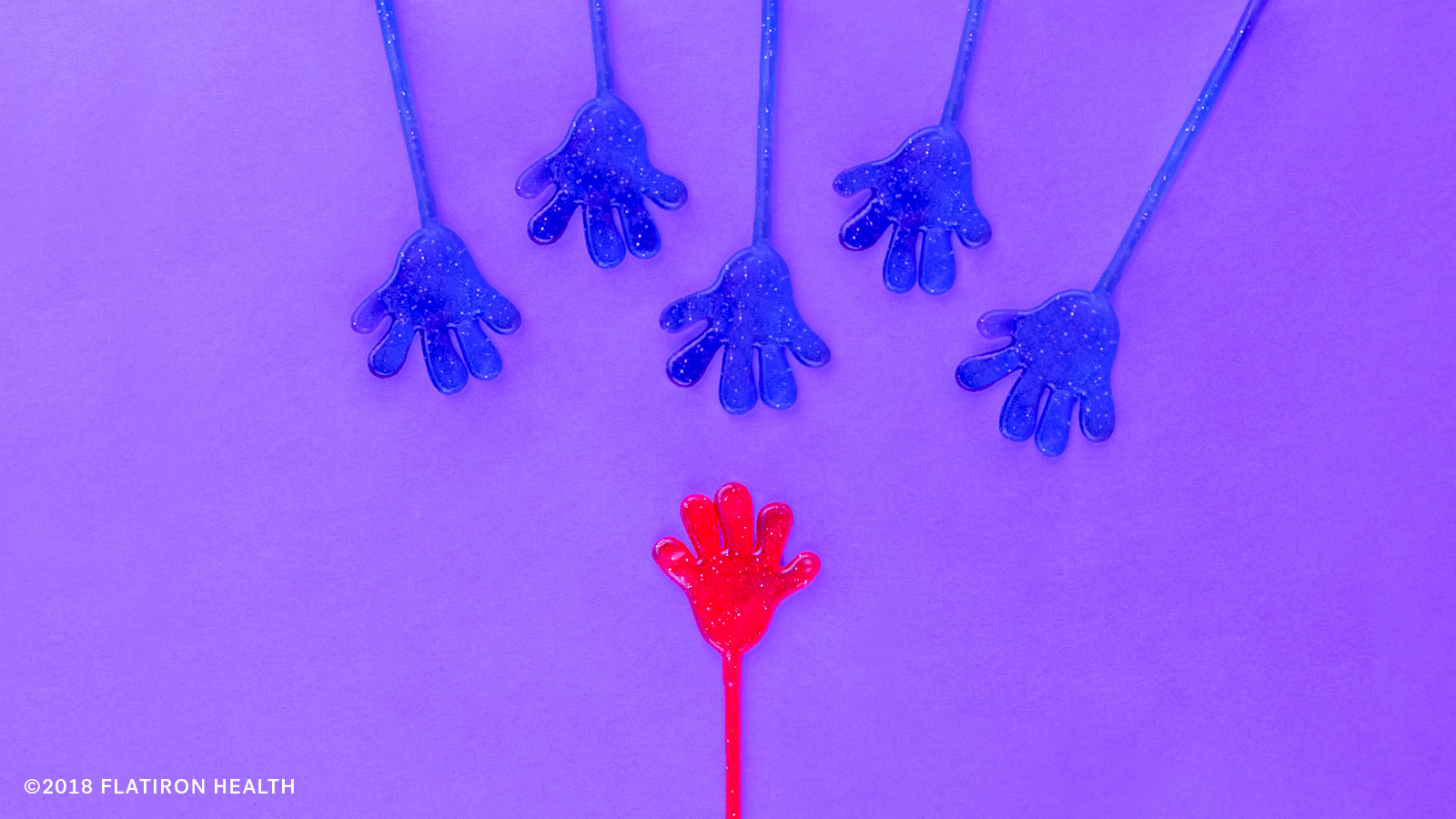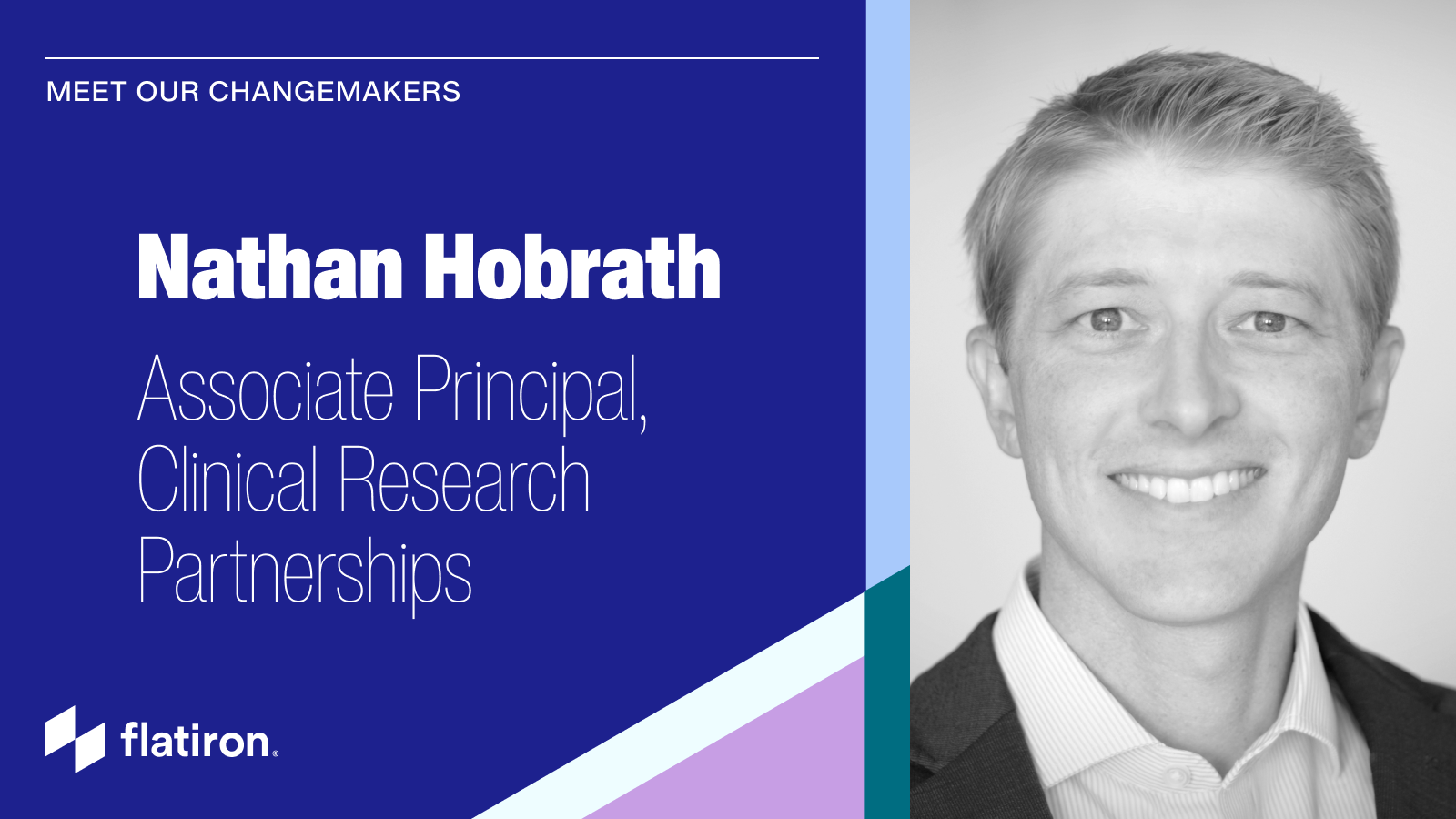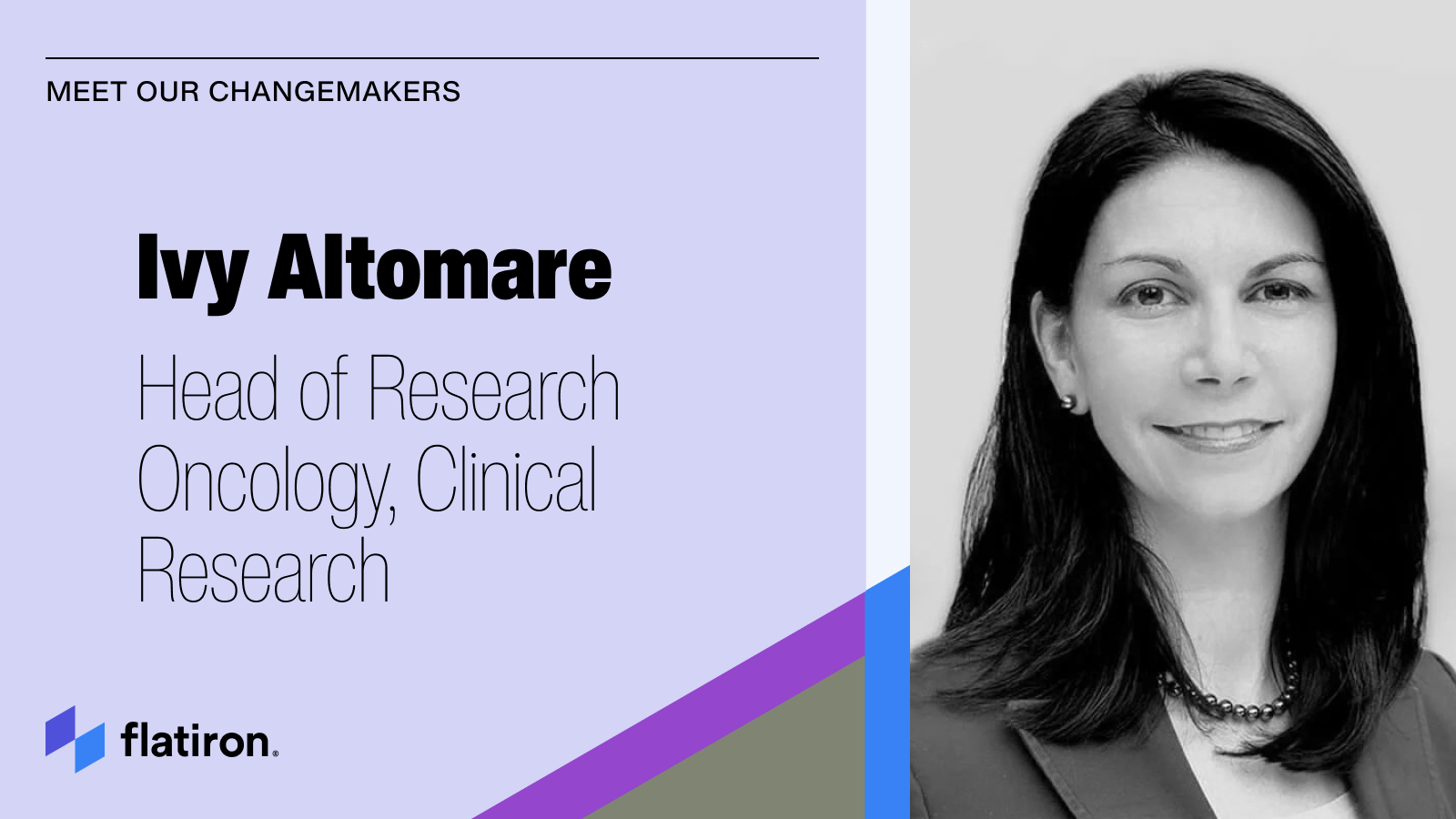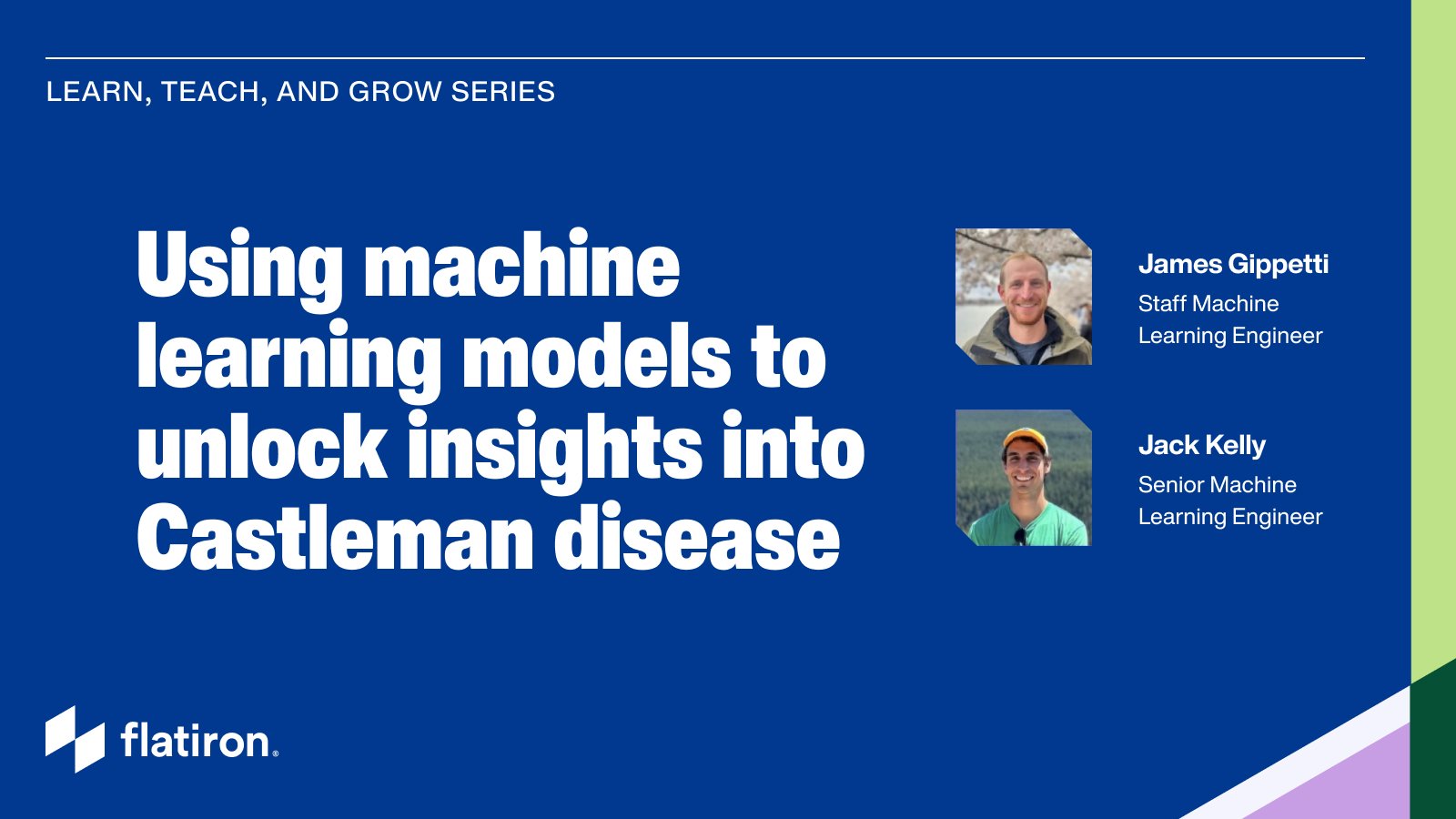The Land of Opportunity
My life is the product of a series of (extremely) fortunate events.
When my parents arrived in the United States in the early 1980s, it marked the end of a long struggle to escape war-torn Vietnam. They were the only two among nearly a dozen siblings that were able to successfully flee the country. The ordeal included being smuggled through multiple ships, doing hard labor in a refugee camp in Hong Kong and coping with the oppressive sense of not knowing what would happen to their families. Eventually, my parents were one of the lucky couples selected to enter a relocation program. They packed up two suitcases containing their remaining belongings and journeyed over to America, hoping to ensure that future generations would have better opportunities than the ones that they were given.
My parents were sponsored by three generous families who helped them to establish their new lives in the United States. Over the next few years, my sisters and I were born into a large support network that they helped to create. Although our sponsors did provide a lot of the material needs for my family, such as various hand-me-downs and gifts, the most impactful thing the families gave us was support to find opportunities to help ourselves—opportunities to work, opportunities to learn, and opportunities to feel like we were part of a larger community. This allowed us to quickly learn about the new culture and figure out how we could fit into it.
Even as a young child, I recognized the impact that those three families had on our lives. One sponsor welcomed my parents to live with them for the first few years that they were in the country, immediately enrolling them in ESL (English as a Second Language) courses at a local community college. Another helped by providing daycare for me and my sisters so that both of my parents could work. They all welcomed us into their families, inviting us to join all of their holidays and family traditions. I could never express how grateful we were for their life-changing generosity. Their support allowed me, my sisters and my parents to pursue our dreams and become the best versions of ourselves. I knew that one way I could express my gratitude was by passing it on: I would help others find opportunities to be the best versions of themselves as well.
Defining The Whitespace Between Today And Where You Want To Be
When I first started working as a software engineer, I saw how some teams developed a strong, nurturing team environment. I talked to those team members to learn more about what made their teams incubators for high engagement and success. Over time, I started to formulate themes and best practices. After I became a manager (and later, a manager of managers), I leveraged these learnings to develop team cultures that accelerated learning and exploration. I encouraged peers and leaders to proactively find and create opportunities for their teams that aligned skills and career aspirations with available projects and high-value impact for the organization. In time, these leaders became effective matchmakers for their teams, helping each person find the right opportunities to maximize the impact that they were making. As a result, our teams were able to deliver strong results while maintaining high levels of engagement.
Finding opportunities or creating them when they aren't readily available isn't a novel idea. The challenge is helping to ingrain this concept into the DNA of your teams. An approach that has worked for me is to enlist the help of the leaders and managers so that they can take some of these values and apply their own team's unique culture to them.
My experience with the three sponsoring families provided me with a good set of learnings that I try to apply throughout my daily work:
-
-
Everyone should establish a network of peers and mentors to nurture their growth and challenge their perspectives. Technical innovation happens throughout an organization, with each team using a set of solutions that best solve their unique problem. Exposing yourself to all of these technologies will help you to expand the bounds of your expertise. The next time you work on a project, you'll have a lot more tools to choose from and more thorough ways to pressure test your approach. Set up meetings with peers from other teams and learn about their projects and the challenges that they're solving.
-
Opportunities are everywhere, but you often need to reframe your perspective to find them. Necessity is the mother of invention, but why wait for necessity to surface opportunities? Reimagine the current tech stack, processes, and solutions, ignoring technological and ownership boundaries. Find an area that you're passionate about and think about what it could look like if you could improve or rebuild them today. Throw together a hypothesis describing the opportunity and options for possible solutions, and collaborate with others to refine and get buy-in on your vision.
-
Determine what your current long-term aspirations are, and ensure that much of how you spend your time aligns with that path. Keeping your long-term goals in mind will help you to choose opportunities that help you move closer toward those aspirations. Should you take on the project whose codebase you're already familiar with in order to refactor it and exercise your technical design skills, or would it be better to volunteer for the final phases of a feature rollout, working with cross-functional stakeholders, and developing project management and client engagement experience? Remember the second key point as well—if you reframe your perspective, you might be able to see ways to align a task with your ultimate goals (e.g. designing a utility to orchestrate a phased roll out of the feature), so don't be so quick to try to find something new or different.
-
Be The Change You Wish To See In The World
One of the things I love most about Flatiron is how thoughtful the leadership is about our cultural values, and how much support they give everyone to find roles and projects that are a good fit for them. We encourage continued growth in multiple ways, including internal transfers, extracurricular responsibilities and projects, and conference and continuing education programs. I'm grateful that every day in this collaborative environment, I can take the opportunity that my parents and our sponsors gave me and help others find opportunities of their own so that we can change the world together.



